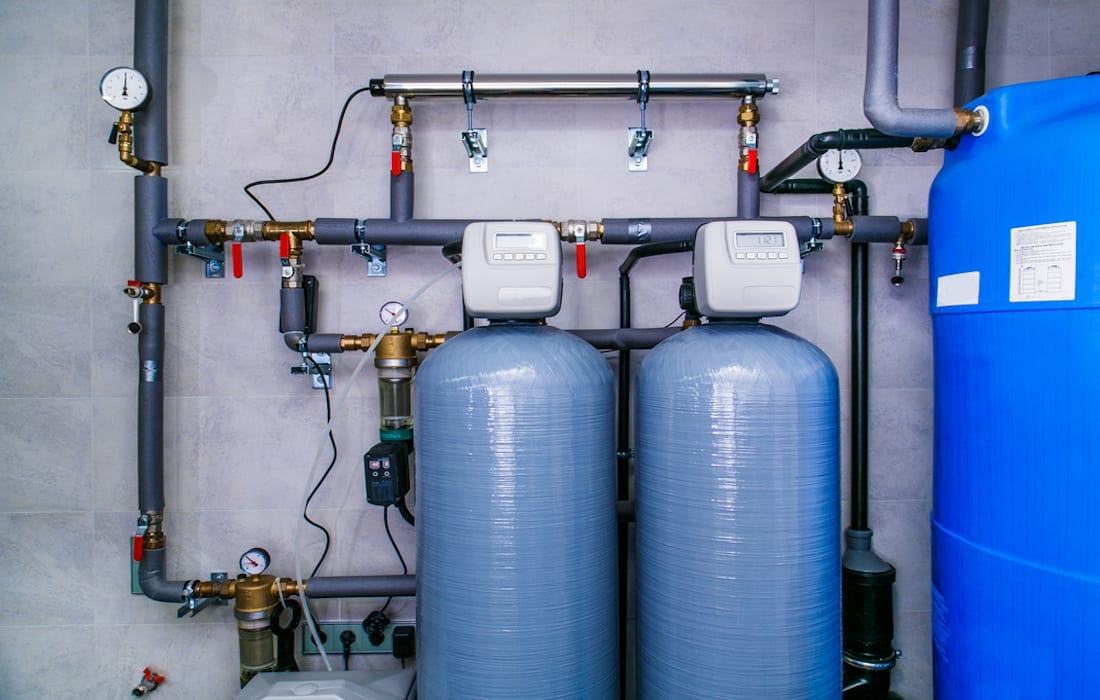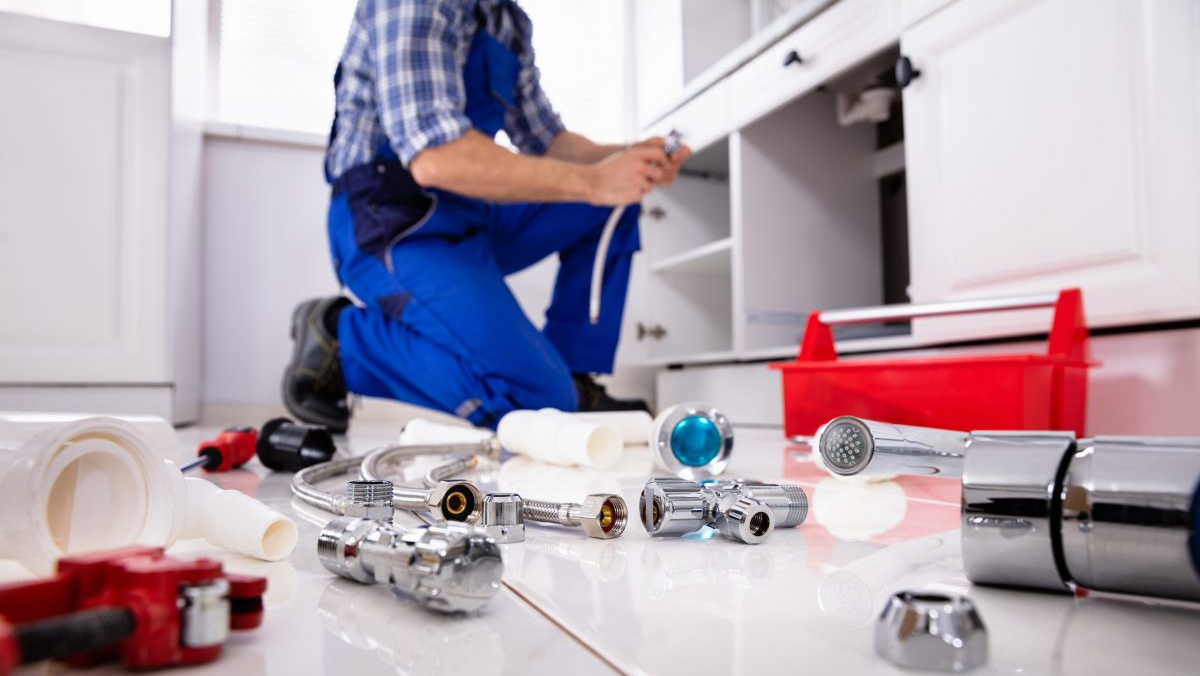Now Reading: How Long Do Water Softeners Last? Experts Reveal the Truth 2025
-
01
How Long Do Water Softeners Last? Experts Reveal the Truth 2025
How Long Do Water Softeners Last? Experts Reveal the Truth 2025

Table of Contents
Water softeners play a crucial role in households and industries that deal with hard water. These devices remove minerals like calcium and magnesium that cause scale buildup, dry skin, and inefficient appliance performance. But just like any appliance, water softeners don’t last forever. So, how long do softeners last?
In this article, we’ll explore the average lifespan of a water softener, the factors that affect its longevity, how to maintain it properly, and signs it might be time for a replacement. Whether you’re a new homeowner or someone facing problems with your current unit, this guide will help you understand the lifespan and maintenance of your water softener.
What Is a Water Softener?
A water softener is a filtration system that removes hardness-causing minerals from water through a process called ion exchange. Hard water can lead to many problems such as clogged pipes, soap not lathering, white spots on dishes, and reduced efficiency of water heaters. A softener solves these issues by replacing calcium and magnesium ions with sodium or potassium.
There are different types of water softeners: salt-based ion exchange softeners, salt-free conditioners, magnetic or electronic softeners, and dual-tank systems. The most common and effective one is the salt-based ion exchange softener, especially in areas with very hard water.
Average Lifespan of Water Softeners
Generally, a water softener lasts between 10 to 15 years, depending on the type, quality of water, brand, and how well it is maintained. Some high-end models can even function for up to 20 years with proper care.
Here’s a quick breakdown of expected lifespans based on type:
- Salt-Based Ion Exchange Softeners: 10–15 years
- Salt-Free Water Conditioners: 6–10 years
- Dual-Tank Softeners: 15–20 years
- Magnetic or Electronic Descalers: 5–8 years
However, these are average ranges, and actual life may vary from household to household.
Key Factors That Affect Lifespan
- Water Hardness Level
Harder water puts more strain on the system. If your area has extremely hard water, the softener will work harder and may wear out sooner. - Water Usage
More water used means more regeneration cycles, which can wear out resin beads and parts quicker. - Type and Quality of Softener
Well-known brands tend to last longer due to better components and design. Cheaper models may need more frequent repairs or replacements. - Installation Quality
A poorly installed softener may not function efficiently or last as long. Always get installation done by a certified technician. - Maintenance
Regular maintenance like checking salt levels, cleaning tanks, and servicing resin beads significantly increases the lifespan.
Signs Your Softener Is Nearing the End
Even the best softeners show wear and tear over time. Watch out for these warning signs:
- Soap Doesn’t Lather
This is one of the earliest indicators. If your soap suddenly feels ineffective, the softener might not be working. - Hard Water Spots Return
Spots on dishes, shower doors, or faucets can signal a drop in softening performance. - Resin Bead Issues
Resin beads inside the tank wear out eventually. If your softener regenerates more frequently, beads may be breaking down. - Unusual Taste or Smell
Water that tastes metallic or smells odd may mean your system is no longer filtering minerals properly. - Increased Salt or Water Usage
A sudden rise in salt or water usage is a red flag. This could point to internal leaks or malfunctioning components. - Age of the Unit
If your system is more than 10–15 years old, even if it still works, you might benefit from a more efficient model.
How to Extend the Life of Your Water Softener
You can make your water softener last longer with a few simple steps:
- Use the Right Salt
Always use high-quality salt pellets to avoid clogging and scaling. - Clean the Brine Tank Regularly
A yearly cleaning of the brine tank helps prevent salt bridges and sludge buildup. - Check for Salt Bridges
Salt bridges (a hard crust) can form in the tank and affect performance. Break them up gently if they form. - Replace Resin Beads When Needed
Resin beads may last 10 years or more, but replacing them can boost performance without replacing the whole unit. - Schedule Professional Maintenance
Have your softener checked every couple of years by a technician to identify and fix minor issues early.
When Should You Replace a Water Softener?
While repairs and maintenance can extend the life of your unit, replacement becomes necessary when:
- Repairs become frequent and costly
- Water softening effectiveness is poor even after servicing
- The model is outdated and inefficient compared to modern systems
Newer models are often more energy-efficient, need less salt, and offer better control features like digital timers and mobile app integration.
Conclusion
So, how long do softeners last? The short answer: 10 to 15 years on average, depending on the model and how you care for it. Knowing the signs of a failing softener and taking simple steps to maintain it can extend its life and keep your water clean and scale-free.
For homeowners, investing in a high-quality softener and giving it regular attention ensures you enjoy the benefits of soft water for many years. If you’ve had your system for over a decade, it might be time to explore newer options that save both water and energy while giving better performance.
Water softeners are more than just a convenience they protect your appliances, plumbing, and even your skin. Taking care of them is taking care of your home.
Read More:- Shobha Realty Launches Its Most Luxurious Project Yet—Full Details Inside 2025





















